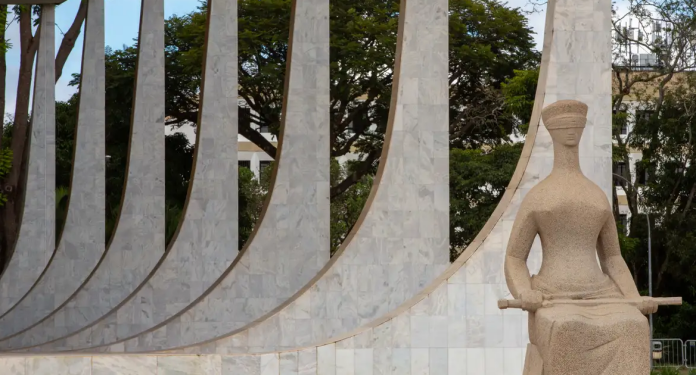The regulation of bookmakers at the municipal level could generate revenue of R$11.6 billion per year for the federal government. The data comes from Leme Consultores, and was recently released by Estadão.
Commissioned by the National Association of Municipal and State Lotteries (Analome), the survey estimates that of these R$11.6 billion, almost R$8 billion would come from small and medium-sized operators. Today, these companies are outside the formal system because they are unable to cover the costs of the federal grant.
What the study intended to show, in theory, is that municipal granting would be cheaper, which would encourage these companies to formalize themselves. From this legalized activity, the companies would start paying taxes. These taxes would be responsible for generating these amounts for the federal government’s coffers.
According to Sofia Signorelli, legal director of Analome, the state needs to ensure respect for municipal autonomy. “The time has come to ensure respect for municipal autonomy and disseminate good practices regarding the regulation of lottery activity in Brazil,” she said.
Betting market regulation, how it works today
Currently, the right to operate sports betting and online gaming is only authorized at national and state levels. This permission is granted by the Secretariat of Prizes and Bets (SPA), linked to the Ministry of Treasury.
The rules for the operation of these companies are established by law, nº 14.790/2023, known as the “Bets Law” approved in 2023. To this day, it is still in the process of regulation by the federal government.
According to experts, there is a legal controversy over the constitutionality of municipalities operating bookmakers.
Legality of municipal lotteries in the STF
The debate over the legality of municipal lotteries has been taking place in the Supreme Federal Court (STF) since March. At the time, the Solidariedade party filed a lawsuit against the exploitation of betting by municipalities.
The acronym questions the constitutionality of laws and decrees by which some municipalities establish their own betting systems. In addition, it claims that the Union has exclusive jurisdiction to legislate on consortium and lottery systems. The Solidariedade action in the STF is under the reporting of Minister Kassio Nunes Marques.
The Attorney General’s Office (PGR) also filed a lawsuit with the Supreme Court against rules that allow the exploration and promotion of betting houses.
Tax expert Menndel Macedo advocates the legalization of municipal lotteries as a faster way to increase revenue. He claims that the potential revenue from this market could even be a possible alternative to the taxation of large fortunes, already considered by the government.
According to Menndel, denying municipalities this power violates their principle of autonomy. “Regulating betting at the municipal level is recognizing an economic reality that already exists and that has even been the subject of federal regulation.”
“Denying municipalities this power violates the principle of autonomy and delays the use of a legitimate source of public revenue. It is an intelligent, modern measure that does not increase the tax burden on those who already contribute,” he said in an interview with Estadão.
Legalization also poses risks
For lawyer Ticiano Gadêlha, a specialist in regulation, however, there are risks in decentralizing the betting sector without adequate infrastructure. “The country has barely started to monitor the market and there are already discussions about passing on this responsibility. Without structure and legal certainty, this could worsen a scenario that is still unstable,” he told Coluna do Estadão.






